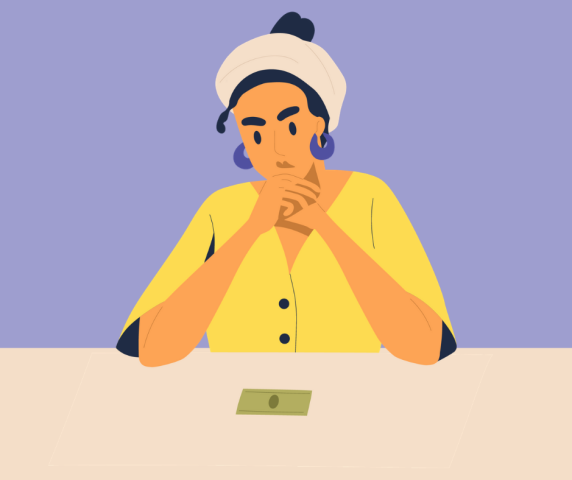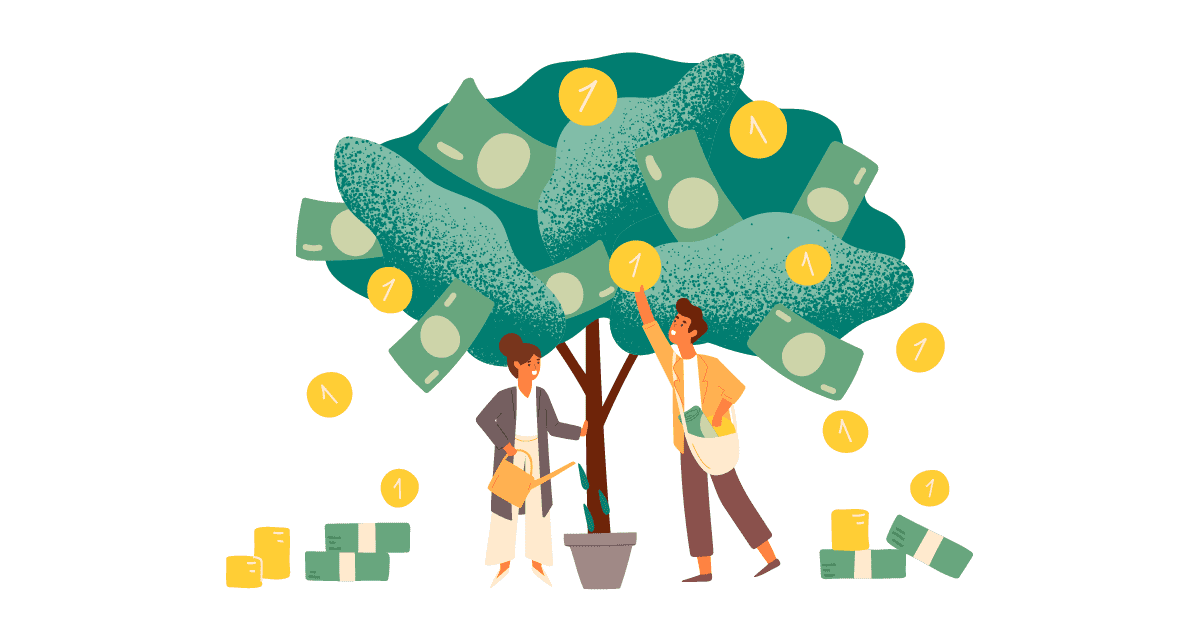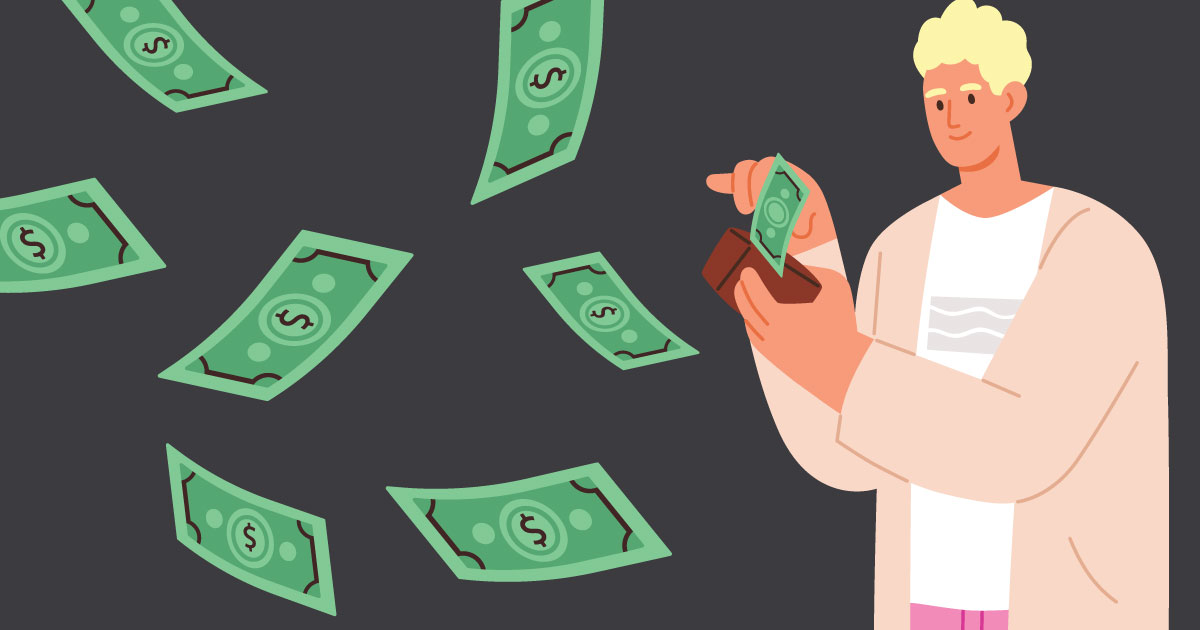- Guest Contributor
- May 10, 2021
Overspending is easy to do, but it can also lead to some financial issues for the present and the future. If you find that you’ve overspent your last paycheck, there are some things you’ll want to do right away. With a little planning and adjustment, you can get your finances back to where they need to be. Overspending occasionally can be fixed, but make sure you’re not letting it become an ongoing problem.
Identify the Deficit to See Where You Stand
The first thing you’ll want to do is make identifying your deficit a priority. You can’t address the issue if you’re not sure what it is or how bad it might be. Take a look at how much overspending you were involved in, so you know how much you might be short. Depending on when your bills have to be paid, you might have enough to cover them until you get paid again. If that’s not the case, though, you’ll need to know as soon as possible, so you can make other arrangements.
Prioritize What Needs to be Covered
After you’ve identified how much deficit you may have created with your overspending, consider what you have to pay. Is it your rent? A power bill? Do you need groceries? Knowing what needs to be covered can help you take a look at your finances from a more realistic point of view.
For example, if your deficit was $100, but you have some money saved in your bank account, you may still be able to cover your $150 electric bill. But you might not be able to cover your $600 rent. It’s important to know where you stand with the money going out of your account.
Determine if You Can Make It to Your Next Paycheck
Once you know your deficit and the bills you have to pay (as well as their due dates), you can get a much better idea if you’ll make it to your next paycheck. If you will, be strict with your spending to make up for the overspending and ensure your bills will all get paid. But if you can’t make it until you get paid again, take a look at how you can reasonably get the additional money you need.
If you have any unused gift cards, for example, you may be able to use them for groceries or even sell them for cash. Is there extra work you can pick up or a gig you can take for quick, extra money? Borrowing off a credit card can also work, but that’s a slippery slope you want to be very careful with. You might also consider asking a friend or a family member for a small, short-term loan until your next payday.
Avoid Future Overspending Temptation for Better Financial Health
Overspending can be stressful, but it’s also the opportunity for a good lesson. When you reflect on what made your overspend, you can figure out whether it’s a one-time thing or it has the potential to be a long-term issue. Knowing why it happened is the first step toward making changes that will improve your financial health.
If you’ve overspent, don’t beat yourself up. That won’t solve anything. Just figure out the best way to handle the issue and make sure you understand why it happened, so you can reduce the risk of it occurring again in the future. If you can get out of the cycle of overspending, you can start building up your savings and feel more financially stable.
About the Author: Michelle Dakota Beck has worked as a professional freelance writer since the 1990s. During that time she has written everything from product descriptions to full-length books. Her areas of specialization include real estate, home services, legal topics, relationships, family life, and mental health issues. You can find her on WriterAccess.










